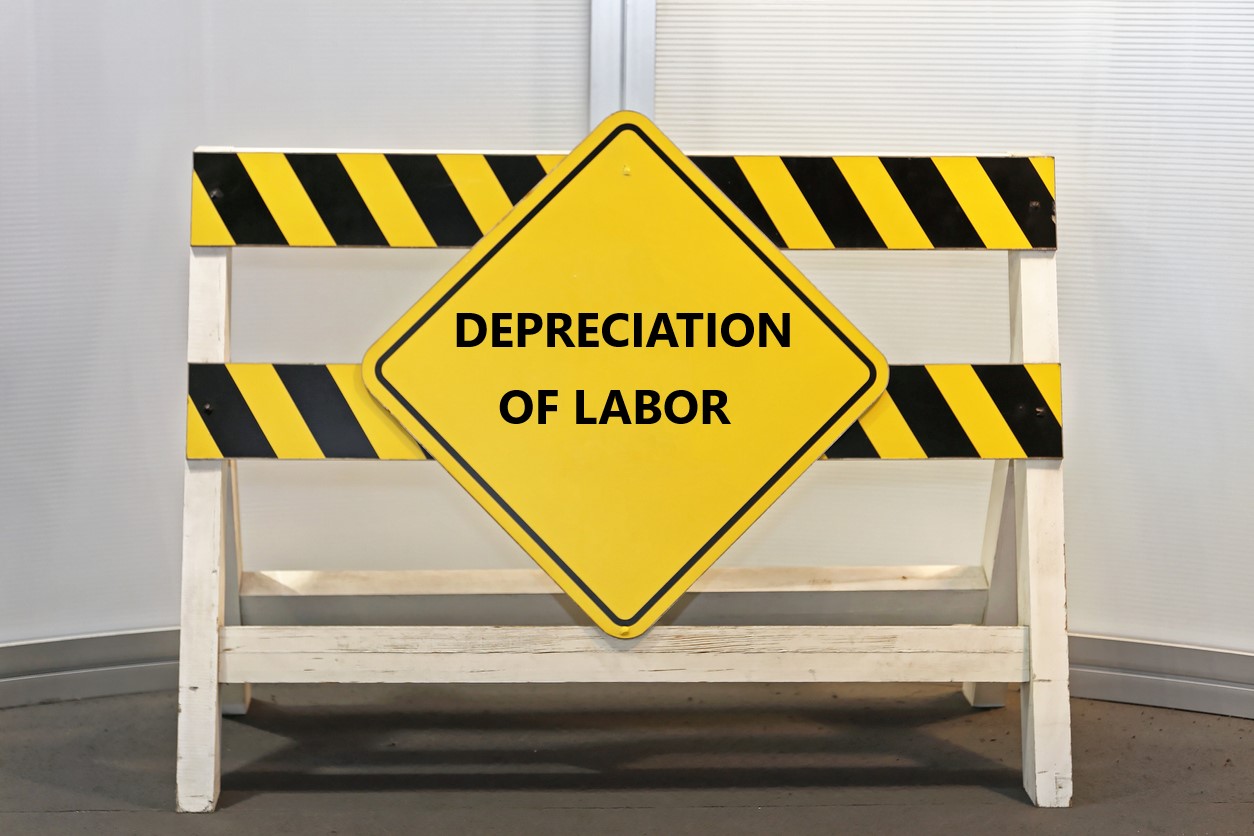In the case of Garcia v. State Farm Lloyds, 287 S.W.3d 809 (Tex. App.—Corpus Christi 2009, pet filed.), the Texas Court of Appeals reversed the lower trial court’s summary judgment ruling in favor of State Farm with respect to certain water damage. In Garcia, State Farm argued that the insureds’ failed to raise a fact issue because they did not demonstrate the amount they actually spent on repairs, and they failed to show that they spent more than the amount already paid by State Farm. The appellate court noted that although State Farm’s arguments were good, State Farm bore the initial burden to prove that no genuine issue of material fact existed with respect to the Garcia’s breach of contract claim.
In its analysis, the appellate court emphasized the language of the policy which stated that upon completion of repairs or replacement, State Farm would pay the additional amount claimed under replacement cost coverage. State Farm argued its liability was limited to the amount the Garcias actually and necessarily spent to repair their home, and there was no evidence that the Garcias spent more than State Farm already paid to repair the water damage. Noting that “State Farm . . . incorrectly assume[d] that its liability [was] limited to the amount the Garcias actually spent,” the appellate court concluded that policy limits State Farm’s liability only “upon completion of repairs or replacement.” State Farm presented no evidence showing the repairs had been completed. In fact, State Farm included Mr. Garcia’s deposition testimony where he stated that they had not yet replaced the floors in their house because they ran out of money.
In the end, the appellate court, viewing the evidence in the light most favorable to the plaintiffs/insureds, concluded that
[t]he evidence show[ed] that the repairs for water damage to their home were not completed . . . [therefore,] it is impossible to determine the ‘amount actually and necessarily spent.’
Because State Farm’s motion for summary judgment was based on a flawed premise, the appellate court reversed the trial court’s summary judgment on the insureds’ breach of contract claim.



